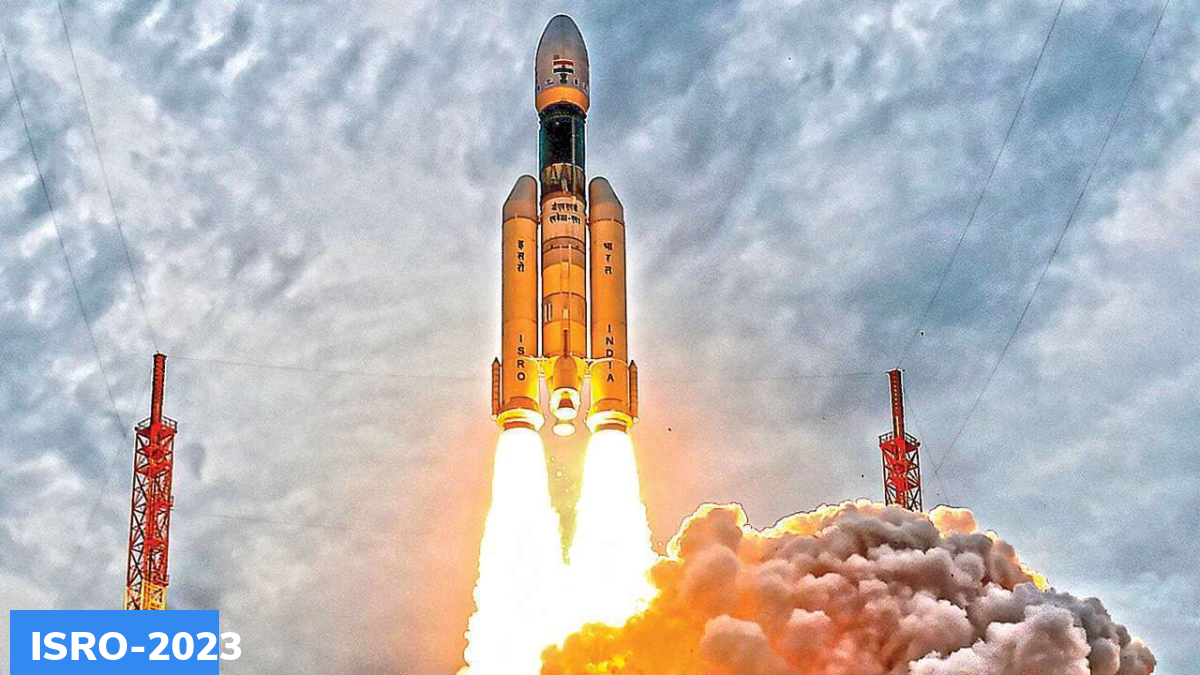What is XPoSat?
The Indian Space Research Organisation (ISRO) and the Raman Research Institute (RRI), Bengaluru, have joined hands to embark on an exciting mission known as the X-Ray Polarimeter Satellite (XPoSat). This collaborative effort aims to delve into the dynamics of bright astronomical X-ray sources, shedding light on their behavior and characteristics.
Unveiling XPoSat
The collaboration between ISRO and RRI is focused on the construction of the X-Ray Polarimeter Satellite (XPoSat). This satellite is scheduled to be launched later this year, and its mission is to study the various dynamics of bright astronomical X-ray sources present in extreme conditions. By undertaking this ambitious endeavor, ISRO and RRI aim to expand our knowledge of the enigmatic X-ray sources that exist in the cosmos.
A World of Exploration
While XPoSat marks India’s first venture into polarimetry missions, it is worth mentioning that NASA launched the world’s second polarimetry mission called the Imaging X-ray Polarimetry Explorer (IXPE) in 2021. IXPE, equipped with advanced telescopes, allows scientists to observe polarized X-rays emitted by neutron stars and supermassive black holes. Similarly, XPoSat seeks to unlock the secrets of X-ray sources by studying their polarization and understanding the geometry and inner workings of these luminous objects.
The Radiant Temperature
X-rays are characterized by their high energy and short wavelengths, measuring between 0.03 and 3 nanometers. The physical temperature of an object plays a crucial role in determining the wavelength of the X-ray radiation it emits. Objects that emit X-rays, such as pulsars, galactic supernova remnants, and black holes, possess temperatures that can reach millions of degrees Celsius. These extreme conditions offer a unique opportunity to study the celestial phenomena associated with X-ray sources.
Payloads on Board
XPoSat carries two scientific payloads, each serving a distinct purpose in unraveling the mysteries of X-ray sources. The primary payload, known as POLIX (Polarimeter Instrument in X-rays), is a collaboration between RRI and ISRO’s U R Rao Satellite Centre (URSC). POLIX is designed to measure the degree and angle of polarization of X-rays, enabling the observation of approximately 40 bright astronomical sources during the mission’s planned five-year lifetime. It is the first medium X-ray energy band payload dedicated to polarimetry measurements.
Accompanying POLIX is the XSPECT (X-ray Spectroscopy and Timing) payload, which provides valuable spectroscopic information about how light is absorbed and emitted by objects. XSPECT is capable of observing various types of sources, including X-ray pulsars, black hole binaries, and low-magnetic field neutron stars. With the combined capabilities of POLIX and XSPECT, XPoSat is poised to provide a wealth of data to enhance our understanding of these extraordinary cosmic phenomena.
Month: Current Affairs - May, 2023
Category: Science & Technology Current Affairs


